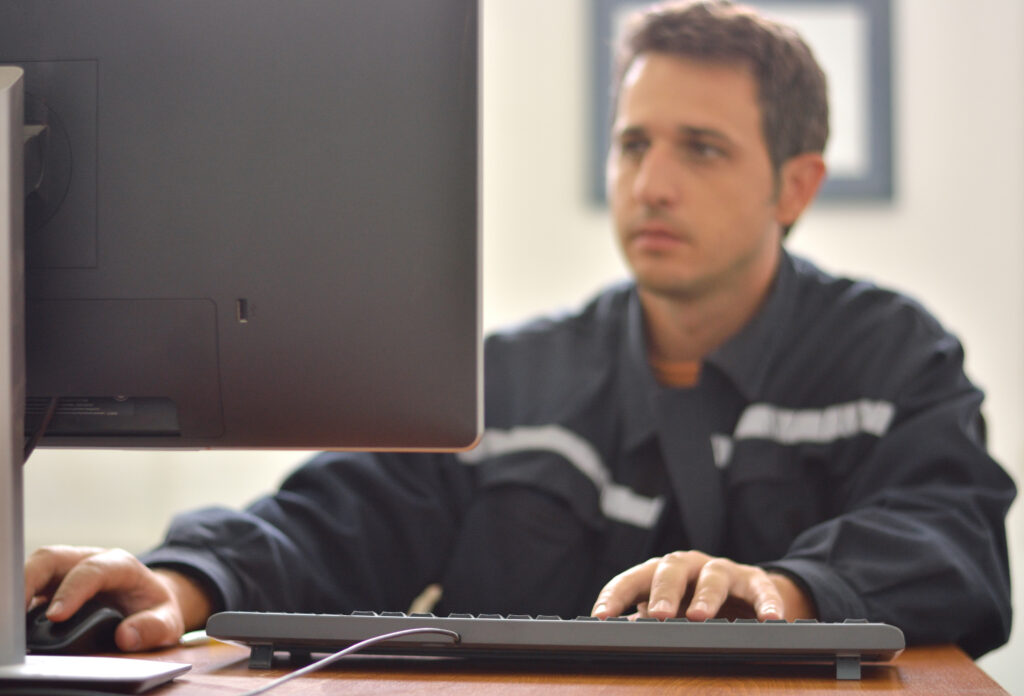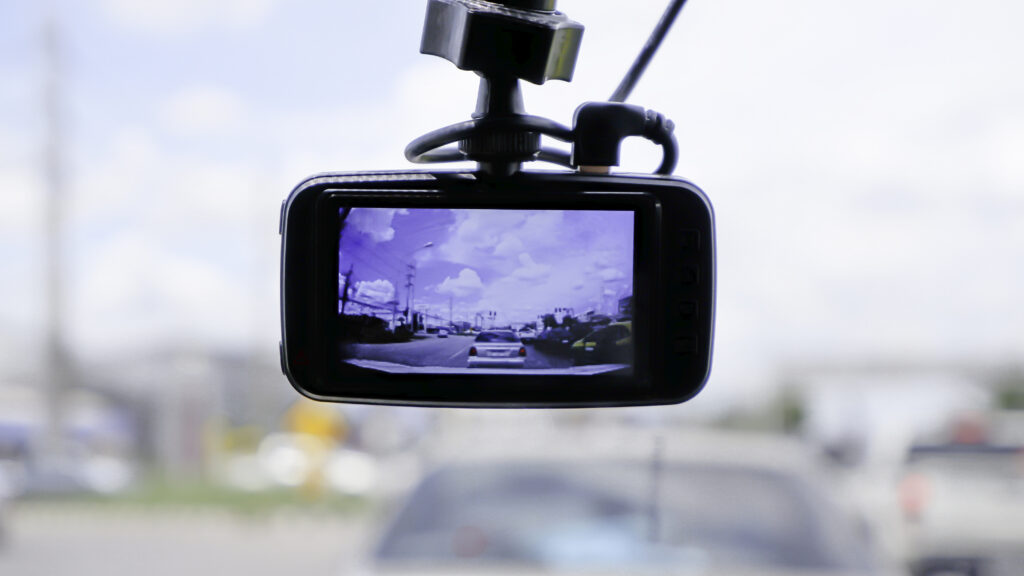The doctor will see you now – in your own living room. The healthcare sector is becoming mobile again, with more services being delivered by a mobile workforce.
There was a period of time where the house call from the doctor went the way of the dodos, with all appointments moving to clinics. But there has been a major rise in the delivery of healthcare services back into people’s homes in recent years.
That includes doctors, nurses and allied healthcare providers who are now all mobile and delivering their services in metropolitan, regional and rural areas.
While a mobile healthcare sector provides plenty of benefits, it also means there are new challenges facing the sector including keeping workers and healthcare professionals safe while they are on the road. Which is a pain point that JMS can address, with comprehensive journey management technologies built into a simple, hands-free application.
The healthcare sector is turning towards apps to solve pain points
The health application market size was $12.4 Billion in 2018, but by the end of 2020 this will surge to $50.4 Billion, and by 2025 it will reach a massive $213.6 Billion.
Doctors and nurses are turning to apps for analysis and ideation, patients are using apps for booking healthcare services, pharmacists are using apps to connect with customers and provide education on medicine and apps are being used by all tiers of healthcare including administration and lab analysis.
And it is expected that mobile healthcare services will also begin turning towards apps as more and more healthcare services hit the road.
The rise of the mobile workforce in the healthcare sector
In the United States, the US Department of Labor has reported that there are more than two million home care workers alone, delivering personal assistance and healthcare support.
And across the world more and more healthcare services are being delivered in people’s homes including:
- Doctor care: Directly visiting patients to diagnose and treat illnesses
- Nurse care: A nurse will set up a plan to provide care in consultation with a doctor and will then regularly visit to provide services like administering medication, changing dressings, general support and other health services.
- Therapy services: Including physical therapy, occupational therapy and speech therapy.
- Home health aides: To assist patients with basic needs like eating, mobility, bathing and dressing.
- Social workers: To help coordinate multiple tiers of healthcare for complex situations.
There are also many other people working in the healthcare industry that are mobile as part of their job including the drivers for the medical professionals, pathology services, volunteer care, pharmaceutical services and meal delivery.
With so many people now behind the wheel, comes a heightened need for compliance, risk assessment, OHS strategies and journey management plans to ensure that all of these healthcare workers are safe.
How JMS can protect your healthcare professionals, carers, drivers and other workers
What would happen if a healthcare worker from your organisation was involved in an accident or vehicle malfunction? Would you know they were in trouble? This is especially pronounced when they are travelling to regional and rural areas or between towns and going through regions where there is limited mobile reception.
With JMS, you can map their journey into a simple-to-use app which is then placed aside. It will monitor the journeys of your healthcare workers and professionals by using the GPS functionality of the mobile device. Destinations will have digital geofences around them which will act as checkpoints. If a driver does not reach these checkpoints in a designated period of time, alerts will be sent – including last known location – to management via SMS, email and notifications.
The JMS app also ensures that your drivers are adhering to safe driving practices and being compliant. Fatigue management checkpoints can be included in journey management plans and alerts will be sent if these checkpoints are not met.
Unlike other journey management platforms, JMS is 100 per cent hands-free and will deliver voice alerts for drivers. No manual check-ins are required which are dangerous and against the law in every state and territory in Australia.
You can trial JMS for free to get to know its benefits and how it can ensure the safety of your mobile healthcare workers. Contact us today to find out how.





